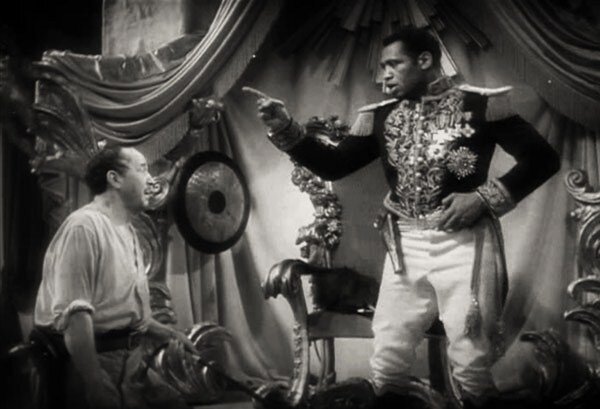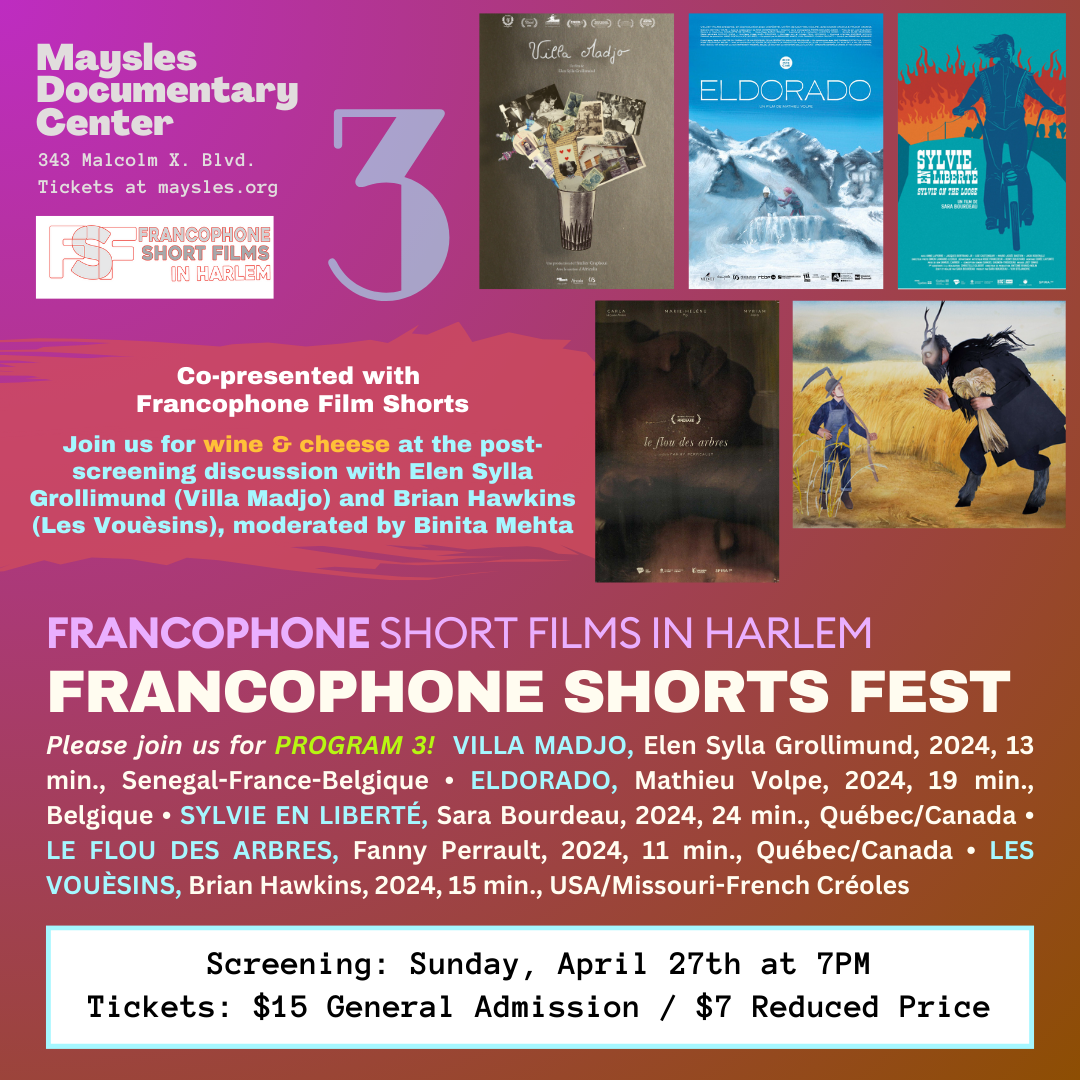Out of an abundance of caution, due to heightened concerns around the novel coronavirus (COVID-19), Maysles Cinema will postpone this event. When we are able, Maysles Cinema will announce a future date. Further updates regarding Maysles Cinema programming will be released through our regular channels, including our website and social media
Dudley Murphy, 1933, 80 min.
Co-presented by Maysles Cinema, Mother A.M.E. Zion Church, and Association for the Study of African American Life and History
The Mother A.M.E. Zion Church, founded in 1796, is the oldest African American church in New York state. It gained the nickname “Freedom Church” for serving as a station on the Underground Railroad (assisting Frederick Douglas in his journey north) and for its commitment to the abolitionist movement. It remained a hub for social activism through the Harlem Renaissance and Great Depression, attracting many notable literary, artistic, and political figures such as Langston Hughes, W.E.B. Dubois, and Paul Robeson to the sermons Reverend Dr. Benjamin C. Robeson (Paul Robeson’s older brother) who preached the gospel of civil rights activism. Today, it continues its longstanding tradition of social activism, and Reverend Gregory Robeson Smith (grandson of Rev. Benjamin Robeson) has been the pastor of Mother Zion since 1995.
Paul Robeson--singer, stage and film actor, athlete, and political activist from New Jersey--was an all around Renaissance Man. After graduating valedictorian from Rutgers College, he earned his law degree from Columbia University while playing professional football in the NFL. After briefly practicing law, he shifted his attention to acting. He was the first Black actor to play the role of Othello on Broadway, as well as the first Black actor to star in a Hollywood production in Dudley Murphy’s 1933 film adaptation of, The Emperor Jones. Throughout the Harlem Renaissance, Robeson continued recording music and gained reputation for his baritone bass voice and varied musical style. Along with his brother, he was actively involved in the Civil RIghts movement, and spoke out against rising fascism in Europe and racism in the US. He was blacklisted and denied a passport during the McCarthy era for his affiliation with the Communist Party and his opposition to US imperialism and racist government policies. Once his passport was restored, he continued to tour internationally for his music and stage acting, and, after experiencing severe physical and psychological health issues, ultimately retired from public life in Philadelphia, where he lived until his death in 1976.
Of all Paul Robeson's eleven starring film performances, by far his most iconic was his breakthrough in the big-screen adaptation of Eugene O'Neill's The Emperor Jones (1933). He was already a legend for his stage incarnation of Brutus Jones, a Pullman porter who powers his way to the rule of a Caribbean island, but with this, his first sound-era film role, his regal image was married to his booming voice for eternity. With The Emperor Jones, Robeson became the first African-American leading man in mainstream movies and, he said, gained a deeper understanding of cinema's potential to change racial misconceptions. Previously censored, The Emperor Jones is presented here in its most complete form (Criterion Collection).
Read more about Paul Robeson’s role in The Emperor Jones in Hilton Als’s essay, Master of Disguise: Paul Robeson and The Emperor Jones.
Film Preview: https://www.youtube.com/watch?v=ZJqk6SdNarc
This is a FREE event!
Post-screening discussion TBA
This program is part of:
Made In Harlem: Remembering The Renaissance (February – June 2020)
Made In Harlem: Remembering The Renaissance, on the occasion of the Harlem Renaissance’s landmark 100th anniversary uses the wide-ranging lens of documentary film to capture and commemorate, explore and expand the many layers of experience that made up--and continue to make up--the Harlem Renaissance. The series brings together a variety of mostly nonfictional film sources to examine visual representations of the Renaissance and the lasting influence of these representations on political and artistic output, collective memory, present-day black experiences, and the Harlem of today.
This series is supported by the West Harlem Development Corporation
















